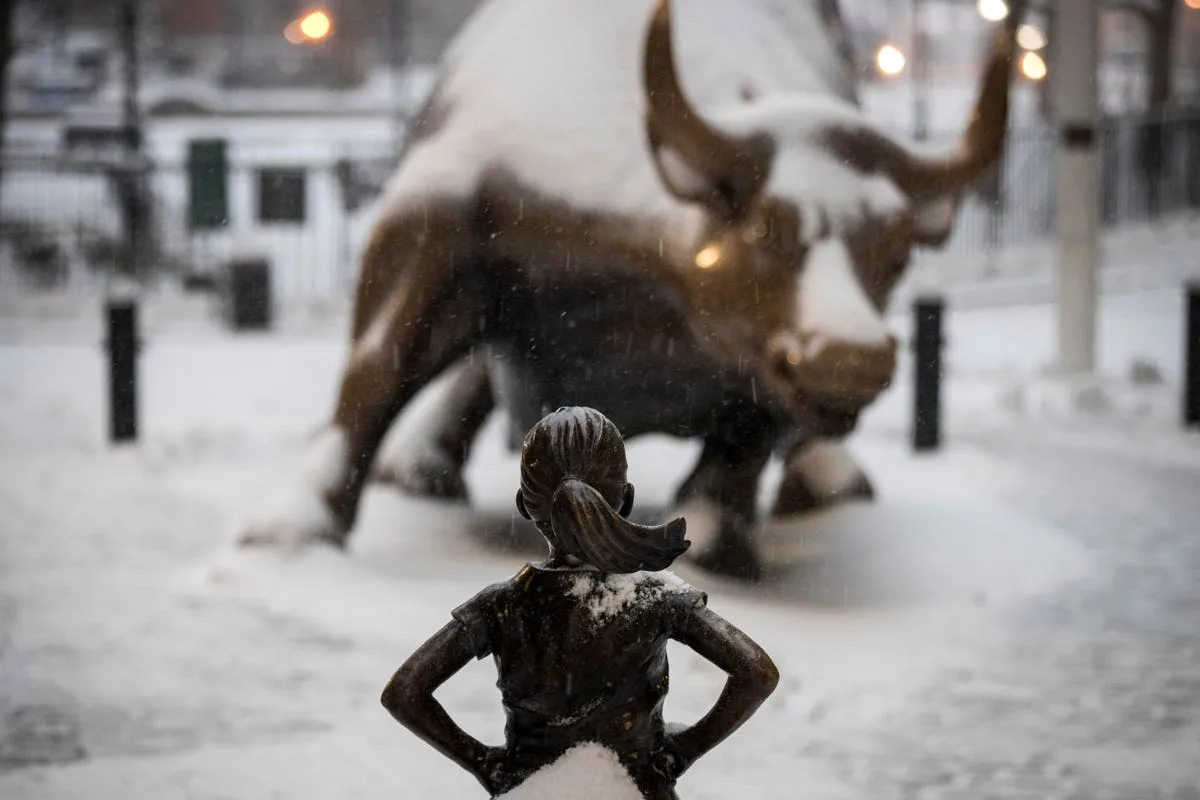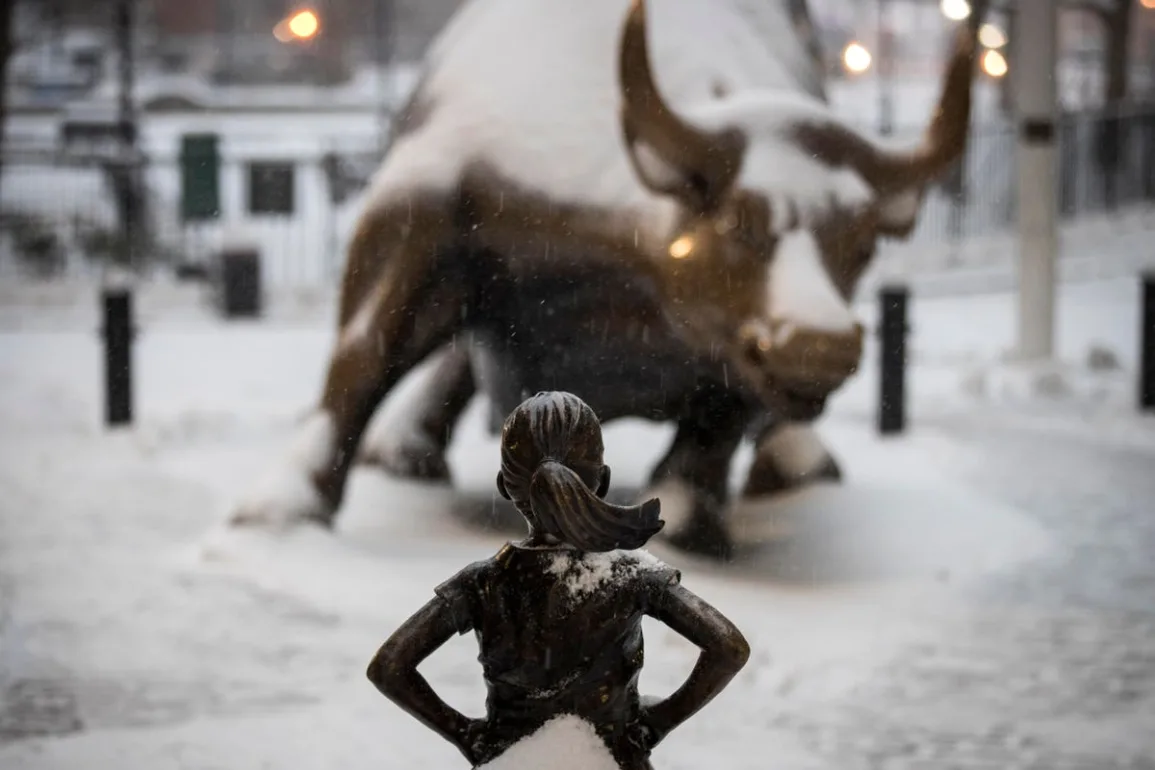
The American Alliance for Equal Rights (AAER) recently filed a lawsuit against Fearless Fund, an early-stage venture capital firm that focuses on funding only women founders of color, accusing them of racial discrimination in their grant program for Black female founders. If the AAER succeeds in its lawsuit, it could set a lasting precedent for how the entire startup ecosystem evolves and halt many efforts to address venture capital disparities. The cofounders, Arian Simone and Ayana Parsons, and their lawyers spoke publicly for the first time yesterday.
“It [the lawsuit] was definitely an attempt to dismantle and address our economic freedom as people of color,” said Simone on CBS Mornings. “But I knew the moment [the lawsuit] happened that we would continue to do the amazing work that we do.”
It’s About Economic Freedom
Venture capital drives innovation, spurs economic growth, and creates generational wealth. Unfortunately, many VCs only invest in founders with similar backgrounds to them, which has led to a lack of diversity in startup funding. To address this issue, Black, Indigenous, and People of Color (BIPOC) and women have launched funds to level the playing field for underrepresented groups. The founders of these funds often address unique problems that may lead to the creation of new markets and industries, growing the U.S. economy, creating jobs, and increasing U.S. competitiveness.
In the lawsuit, AAER argued that Fearless Fund’s grants to Black women violated Section 1981 of the 1866 Civil Rights Act. This is not the first time Edward J. Blum has challenged a policy regarding race. He challenged Harvard’s admission policies for discriminating against Asian Americans and won.
“We are here to fight for the hallmarks of American democracy, opportunity, fairness, and a level playing field; at the core of this case is the fight for economic opportunity, which leads to mobility, which ultimately leads to freedom,” said co-counsel Alphonso David of Global Black Economic Forum.
Black women drove business formation during the pandemic. They represent 13.9% of the total female population in the U.S. but receive less than .39% of venture capital, according to Fearless Fund and digitalundivided. Female founder-only teams receive 2.1%, male founder-only teams receive 80% and mixed-gender teams 17.9%, according to PitchBook.
The average size of Black women-owned businesses is significantly smaller ($47,000) than white women ($221,000), and dramatically smaller than men ($754,000), according to the soon-to-be-released Wells Fargo 2023 Impact of Women-Owned Businesses report.* If Black women-owned businesses matched the average revenue of white women, $667 billion would be added to the economy, and if Black women matched men, $7.9 trillion would be added.
“The idea [is] for women to have a seat at the table and to have economic freedom,” said co-counsel Ben Crump of Ben Crump Law. “We look forward to demonstrating this simple fact that it is not illegal to support economic opportunities for women of color,” said lead counsel, Mylan Denerstein of Gibson Dunn & Crutcher.
Being Fearless
The Fearless Fund cofounders met at Florida A&M University. Entrepreneurship is in their blood. Parsons’ father moonlighted as a serial entrepreneur who tried unsuccessfully to launch several businesses but lacked access to capital and had limited connections. Simone opened a mall-based retail store and, when seeking capital, didn’t see anyone that looked like her. “I made a promise to myself that one day I was going to be a business investor!” she exclaimed.
Activism is also in their blood. Parsons’s mother was a social worker and community activist. Simone is the daughter of a civil rights attorney who represented Rosa Parks. “I grew up around Coretta Scott King, Rosa Parks, and Juanita Abernathy,” she said. “Activism is in our DNA.”
“We’ve been marginalized!” exclaimed Parsons. “We’ve been underfunded and unsupported!” They are proud to have invested $26.5 million in 40 businesses and awarded $3 million to 346 grant recipients. Small grants may not sound meaningful, but they can be a game changer for women who, through no fault of their own, don’t have the money or the friends and family to invest in their businesses. Lack of wealth is a systemic barrier for Black women the grant program is addressing.
When asked on CBS Mornings what Simone would tell to the people who say the law is not on your side, and racial discrimination is bad in all contexts, she responded, “Laws were definitely put in place to offer economic freedom for people of color, and somehow things can be getting misconstrued,” said Simone.
With the help of the lawyers previously mentioned and lawyers from consulting counsel Latham & Watkins, NAACP Legal Defense and Education Fund, National Women’s Law Center, and Holland & Knight, the duo is standing strong.
What would you do to stand up for yourself?


